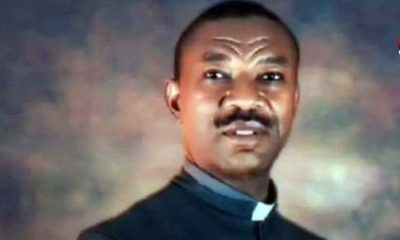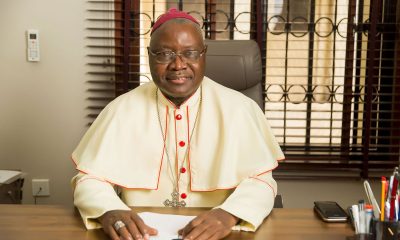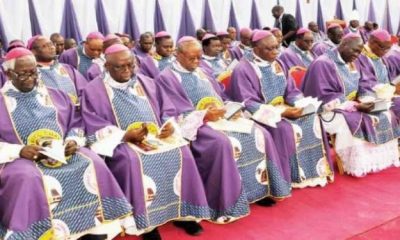metro
Catholic priest quits Christianity, joins traditional religion in Anambra
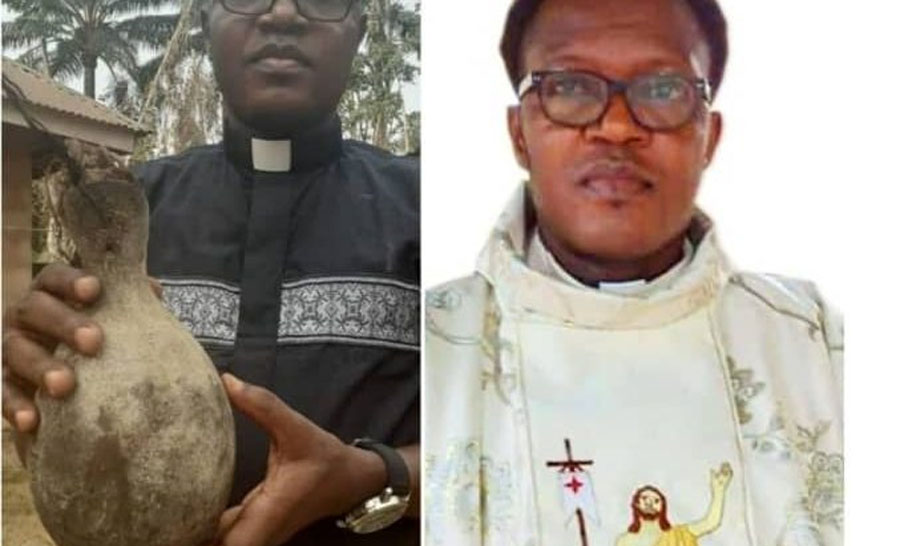
Catholic priest quits Christianity, joins traditional religion in Anambra
A Catholic priest, Echezona Obiagbaosogu, has announced his resignation from the church to join African traditional religion.
Obiagbaosogu, a lecturer in African Traditional Religion at Nnamdi Azikiwe University, Awka, disclosed this after recently defending his PhD dissertation titled ‘Rainmaking and Control in Igbo African Medicine: A Case Study of Isieke in Ihiala Local Government Area, Anambra State,’ according to an interview published by Starconnect Media.
In his doctoral research, Obiagbaosogu looked into the ancient African practice of rainmaking.
According to his findings, rainmaking involves a combination of natural elements, spiritual communication, and what he describes as African science.
He argued that rainmakers, known as “debia ogwu” in Igbo culture, utilise herbs, roots, and hydroscopic stones to interact with the atmosphere and influence rainfall.
Obiagbaosogu explained that there were three distinct methods of rainmaking: the use of clay tripods and concoctions, coldrone structures with fermented herbs, and psycho-spiritual techniques that rely on the power of the human mind.
Speaking about his journey, Obiagbaosogu, who was a priest for 17 years, said his decision stemmed from a deep curiosity about African spirituality and the art of rainmaking.
READ ALSO:
- Sisters set father on fire for alleged rape in Pakistan
- Tinubu splits Nigerian Aviation College into six campuses
- How Iraqi taskmaster maltreated Nigerian lady – NAPTIP DG
He described his transition as a quest to reconnect with the cultural values and spiritual practices that have been undermined by colonial influences.
“I have come to realise that my true calling is to serve my people through the ancient traditions of our ancestors. I was a Catholic priest for 17 years before resigning to embrace the traditional African religion. The topic of my research is ‘Rainmaking and Control in Igbo African Medicine: A case study of Isieke in Ihiala Local Government Area, Anambra State’.”
Obiagbaosogu shared that his upbringing played a significant role in shaping his beliefs, noting that his father, a Christian who still valued traditional medicinal practices, and his maternal grandfather, a traditionalist, inspired his appreciation for nature and indigenous knowledge.
He said these early influences sparked his interest in rainmaking, which became the focus of his academic research.
“Everything about this research stems from my curiosity about nature and God. The research reflects my curiosity about spirituality and the nature of God. As a priest, I had the opportunity to work in health sectors, and I understand what health is all about,” he said.
While still a seminary student, he stressed that he witnessed a family friend demonstrate rainmaking, an experience that set him on a path of academic and spiritual exploration.
“My research in rainmaking and control is rooted in finding the truth and understanding how native doctors contribute to preserving African values. I discovered that it is indeed a reality and done by dibia (native doctors). I am not turning my back on God, but rather, I am embracing the divine in a more meaningful and authentic way.”
During his research, Obiagbaosogu said he spent months studying with a renowned native doctor, learning the intricacies of rainmaking and its connection to Igbo spirituality.
He emphasised that traditional African practices should be viewed as science rather than superstition.
Catholic priest quits Christianity, joins traditional religion in Anambra
metro
What do you need 130 SAs for? Critics query Rivers council chairman’s extravagance
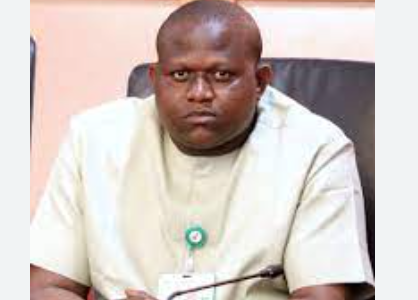
What do you need 130 SAs for? Critics query Rivers council chairman’s extravagance
Chairman of the Obio-Akpor Local Government Area in Rivers State, Chijioke Ihunwo, has appointed 130 individuals to serve as his special assistants.
This show of wasteful spending has not gone down well with the people as shown in their comments on social media, newstrends reports.
This is coming after the Supreme Court granted financial autonomy to all 774 local governments in Nigeria.
The Supreme Court judgement was generally applauded because many felt state governors were annexing local government funds, thus making it difficult to implement developmental projects in such rural areas.
Ihunwo announced the appointments on some of his social media platforms, indicating that they would take immediate effect.
Most people wondered what the chairman intended to do with such a large number of special advisers.
Nsikan Udo said, “Just employ the whole local government indigenes! Pay all of us salary. After all, na our money… make we just share the full allocation!”
A Facebook user, Jude Ojei, as saying, “What do you need 130 personal assistants for? I know it is for political patronage, but I think it’s too much because you have other political appointees. This is my personal opinion, though.”
In his reaction, Chidiebere Dike, wrote, “I love you, Chijioke, and I want you to succeed, but at this point, you are losing it.
“What does a local government chairman need 130 special assistants for, plus the others you appointed initially, plus your vice and councillors? What is all this nonsense?”
ChimaOgba stated, “What the people ordered. This one is mini-Wike waiting in the wings to pounce on Rivers people.”
metro
How I plotted Fayose’s impeachment with Obasanjo – Ex-presidential aide
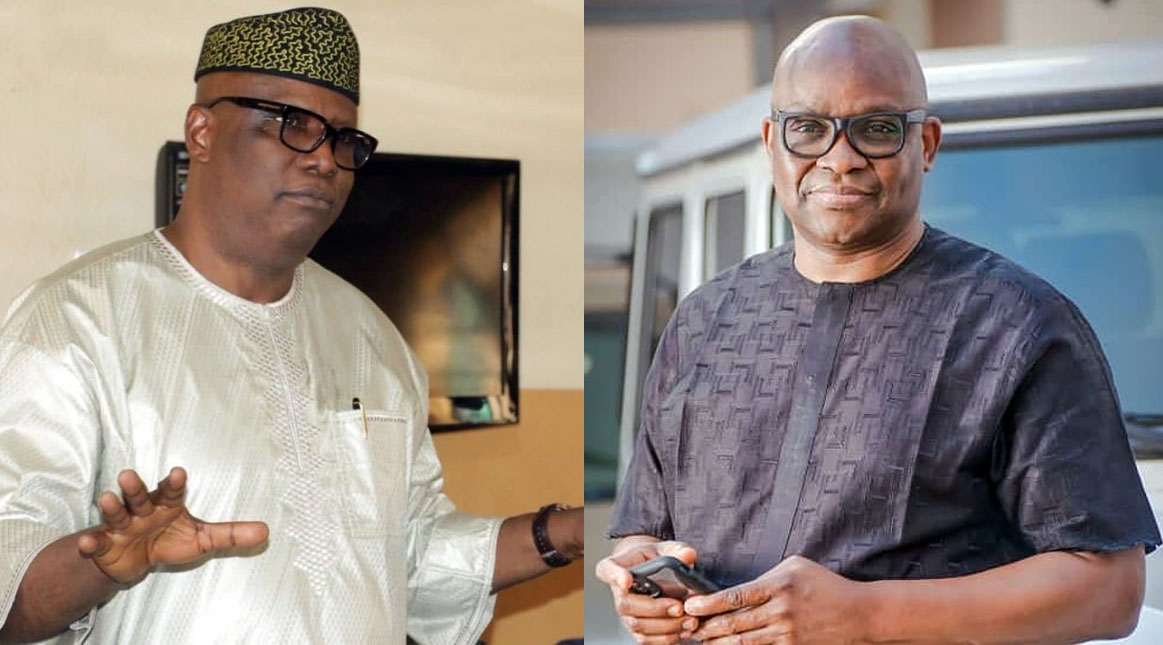
How I plotted Fayose’s impeachment with Obasanjo – Ex-presidential aide
Former Special Adviser on Political Matters to ex-President Muhammadu Buhari, Babafemi Ojudu, has disclosed his role in the impeachment of former Ekiti State Governor, Ayodele Fayose.
Speaking on Edmund Obilo’s podcast State Affairs, published on Thursday, Ojudu revealed that he actively plotted and scripted Fayose’s impeachment with the backing of former President Olusegun Obasanjo.
While recounting the events, Ojudu shed light on the political strategies and maneuvers employed to unseat Fayose, offering a glimpse into the behind-the-scenes activities that shaped Ekiti State’s political history.
According to Ojudu: “I plotted and scripted the impeachment of Fayose in Ekiti. I used Obasanjo and when he realized it, he fought back against me.
“I had an agreement and signed that Fayose should be impeached but make sure his deputy is not. I took all the lawmakers to Lagos where I kept them in hotels and was feeding and taking them around.
READ ALSO:
- Tax reform: Tinubu has agreed to amend controversial clauses, says Gov Sule
- Los Angeles wildfires: Five die as wildfire sweeps through California (photos)
- Tinubu orders probe into ISWAP attack on Borno military base
“I was not a senator, I was a journalist who had money and my friends gave me money. They were not happy with him, I saw that weak link and I exploited it.
“Obasanjo was angry and gave the deputy governor soldiers to return to Ekiti and proclaim herself as governor. When she got there, I called people to resist her and they had no alternative but to declare an emergency.
“Fayose sued me for libel and Falana was my lawyer, I went to court and presented my facts, by the time we finished, Justice Daramola told Fayose ‘you have no honour and integrity.’”
Fayose became the second governor of Ekiti on May 29, 2003, after defeating the incumbent governor, Niyi Adebayo, in the governorship election.
He was impeached on October 16, 2006.
How I plotted Fayose’s impeachment with Obasanjo – Ex-presidential aide
metro
Tax reform: Tinubu has agreed to amend controversial clauses, says Gov Sule
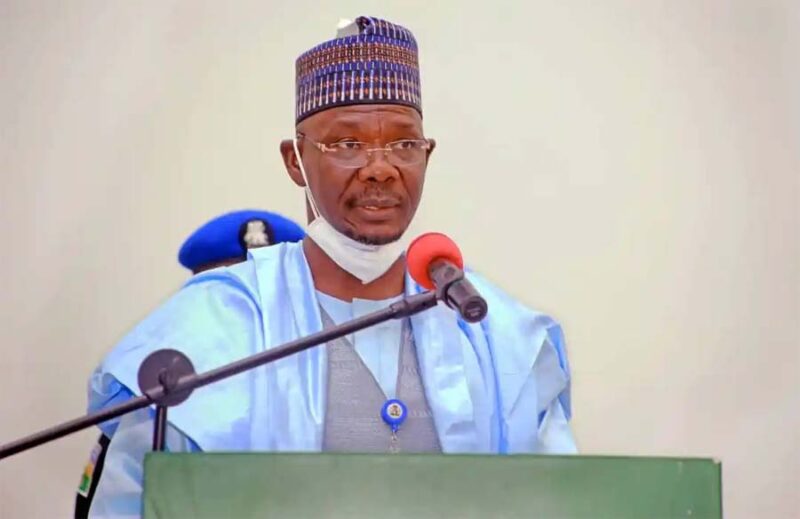
Tax reform: Tinubu has agreed to amend controversial clauses, says Gov Sule
Governor Abdullahi Sule of Nasarawa on Wednesday said President Bola Tinubu has agreed to amend contentious clauses in the proposed tax reform bills before their passage by the National Assembly.
Newstrends reports that the four bills which were transmitted to both chambers of the legislature by the President in September had generated controversy following stiff opposition in some quarters.
The bills are the Nigeria Tax Bill 2024, the Tax Administration Bill, the Nigeria Revenue Service Establishment Bill, and the Joint Revenue Board Establishment Bill.
The critics of the bills included the Northern Governors Forum, Traditional Rulers Council, National Economic Council, Northern Elders Forum, among others.
Despite the opposition, the four bills scaled second reading in the Senate.
But speaking during an interview on Channels TV current affairs Politics Today on Wednesday, Mr Sule said the issues have been resolved between the governors and Mr Tinubu.
READ ALSO:
- Los Angeles wildfires: Five die as wildfire sweeps through California (photos)
- Tinubu orders probe into ISWAP attack on Borno military base
- Nigeria is not working, says Igboho, calls for separation
According to him, the President said all recommendations should be forwarded to the National Assembly.
Mr Sule said: “We have achieved our goal, that is the reason I talked differently today, because all we wanted to achieve has been achieved.
“We actually wanted the bill to be discussed further. We didn’t want this bill to be passed with all the content of what it is.
“Look at the way the house of representatives is handling it, I want to commend the house, particularly the speaker.
“I give credit to Mr. President; when the governors met with him, he told us that we don’t have to withdraw this bill [Tax Reform Bill].
“We can actually address all the concerns you have and all the amendments, and then we can pass the bill.
“For me, from that day, my issues with the bills have been resolved.
“What I didn’t want is a situation where we have bills with concern, especially for people like us, and then that bill is passed.
“But look at how the house of reps is handling, it has not even passed the second reading, they are taking inputs and making considerations from everybody.
“And this is a concurrent bill; it doesn’t matter if the Senate has passed the bill; if the House of Reps doesn’t pass it, it has no effect.”
Tax reform: Tinubu has agreed to amend controversial clauses, says Gov Sule
-

 News2 days ago
News2 days agoReactions as Mahama calls Tinubu ‘president of Ghana’ during inaugural speech
-

 metro2 days ago
metro2 days agoPrison officer sentenced for engaging in sexual activity with inmate
-

 metro18 hours ago
metro18 hours agoPolice arrest Lagos teacher over alleged abuse of three-year-old pupil
-

 Education3 days ago
Education3 days agoPoly graduates protest proposed exclusion from NYSC
-
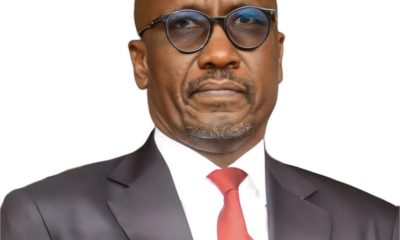
 Business1 day ago
Business1 day agoI rose from Almajiri to CEO of NNPC, says Mele Kyari on 60th birthday
-
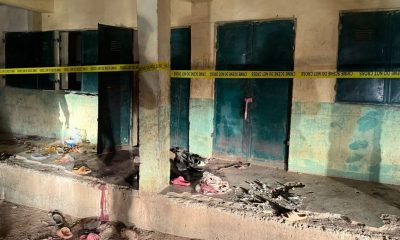
 metro3 days ago
metro3 days agoTwo killed in Abuja Islamic school bomb explosion, proprietor arrested
-
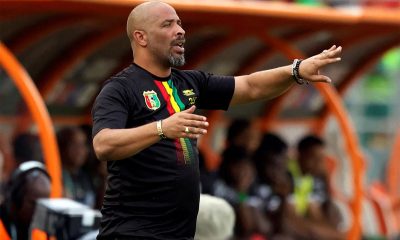
 Sports2 days ago
Sports2 days agoBreaking: NFF appoints Eric Chelle as Super Eagles coach
-

 metro1 day ago
metro1 day agoTinubu splits Nigerian Aviation College into six campuses

